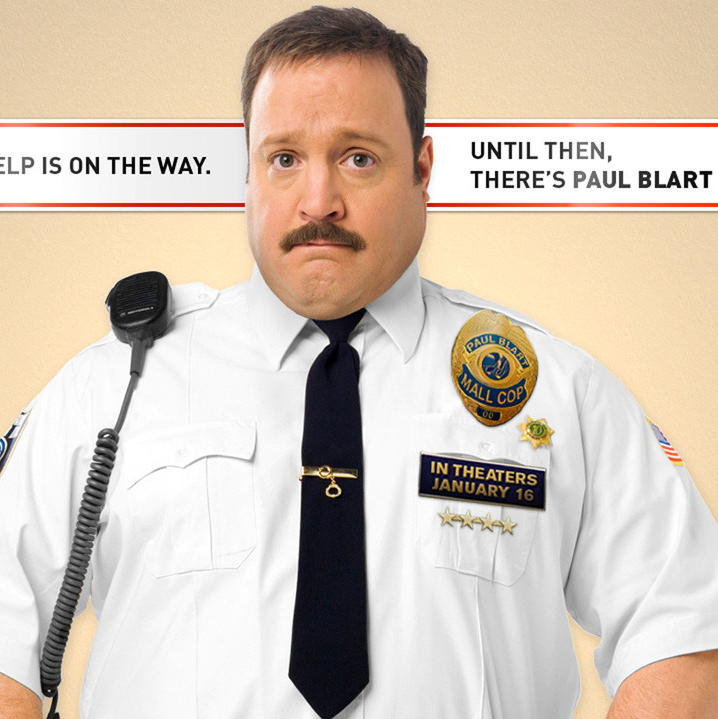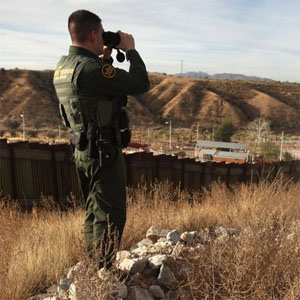I spent the five happiest years of my life in a morgue. As a forensic scientist in the Cleveland coroner’s office I analyzed gunshot residue on hands and clothing, hairs, fibers, paint, glass, DNA, blood and many other forms of trace evidence, as well as crime scenes. Now I'm a certified latent print examiner and CSI for a police department in Florida. I also write a series of forensic suspense novels, turning the day job into fiction. My books have been translated into six languages.
I'm sorry, I was sure I answered this long ago! Collecting buccal swabs is very easy--they come in a kit with everything necessary plus instructions for rubbing the swabs on the inside of the mouth and then packaging. Anyone could do it. I've never heard of a case where it was considered contaminated.
We’ll hold the scene as long as we need to get everything done, and that could be a day or two or three, but for a kidnapping it probably wouldn’t be more than a day, just enough to collect all the victim’s stuff, and collect fingerprints, hairs, fibers, anything that might belong to the kidnapper. We eventually get tired and want to go home (though we can go and come back, so long as it hasn’t been ‘released’) and the police department don’t really want to hold it longer then absolutely necessary, because they have a cop or two sitting there doing nothing but guarding the scene, and it takes them off the road. Hope that helps!
In my personal experience, I have only testified to bloodstain pattern analysis once, and it didn’t really tell anything significant about the case because there was blood everywhere, and the fingerprints in blood weighed more than the patterns.
Hair is just dead cells, so once something is there, it stays there. Hair grows at about 1/2 inch per month, in general (mine, to my frustration, grows much more slowly). So if your hair is longer than say 6 inches, the cocaine will still be there. If your hair is much shorter, then I don’t know what’s happening.Hope that helps.
Security / Bodyguard
 Are you expected to take a bullet that's meant for someone you're guarding?
Are you expected to take a bullet that's meant for someone you're guarding?
Border Patrol Agent
 How easy is it to forge a US passport?
How easy is it to forge a US passport?
Navy Officer (Former)
 What's the most dangerous situation you were ever in?
What's the most dangerous situation you were ever in?
That’s an excellent question that I”m sorry I can’t answer. You will need to ask a pathologist. Sorry I couldn’t be more help!
I do not, as I'm not trained in digital forensics. But my coworker who is says that many many times, what people think is deleted is not really deleted.
I see that on TV all the time but I have a hard time believing it. But I don't know personally. Sorry!
-OR-
 Login with Facebook
Login with Facebook (max 20 characters - letters, numbers, and underscores only. Note that your username is private, and you have the option to choose an alias when asking questions or hosting a Q&A.)
(A valid e-mail address is required. Your e-mail will not be shared with anyone.)
(min 5 characters)
By checking this box, you acknowledge that you have read and agree to Jobstr.com’s Terms and Privacy Policy.
-OR-
 Register with Facebook
Register with Facebook(Don't worry: you'll be able to choose an alias when asking questions or hosting a Q&A.)